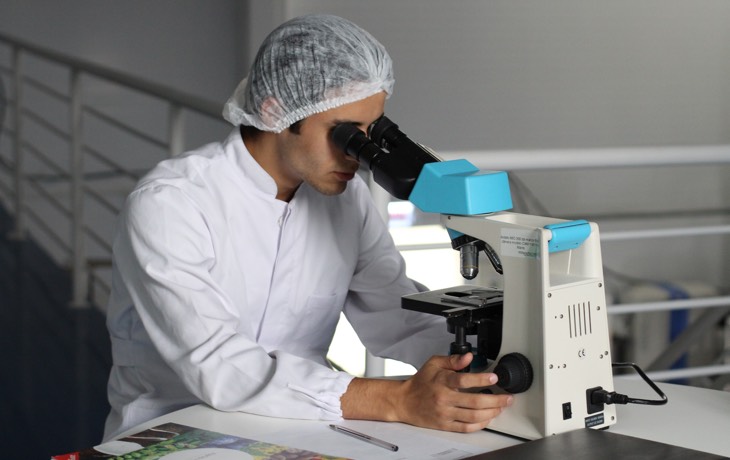Remdesivir, the RNA polymerase inhibitor which received emergency use authorization from the US FDA after passing two randomized clinical trials for efficacy against COVID-19, will be available in more of the world due to a licensing deal between Gilead, the drug’s inventor, and five generic pharmaceutical companies in South Asia.
As we’ve reported since February, Gilead doesn’t have the capacity to manufacture remdesivir for the entire world’s COVID-19 needs right now. With this deal, Gilead agrees to allow five generic drug companies in India and Pakistan to manufacture remdesivir with Gilead’s assistance and distribute it to 127 lower and middle income countries, leaving Gilead to supply high income countries.
Does the licensing agreement mean we could get remdesivir soon?
It’s unclear how much this agreement will expand the global supply of remdesivir, or how soon. Gilead has estimated it could produce enough remdesivir to treat 280,000 patients by the end of May, a million patients by the end of October, and two million by the end of 2020.
The agreement is royalty-free, but only until the soonest of several events: the WHO declaring the pandemic over, the FDA approving a competing anti-COVID-19 antiviral, or the FDA approving a SARS-CoV-2 vaccine. Until then, generics companies won’t have to pay Gilead for rights to manufacture its patented drug. Gilead also announced it is working with the Medicines Patent Pool to extend licenses to even more generic drug companies.
The deal doesn’t include Chinese generics companies, some of whom have announced they are working on copying remdesivir. They still may obtain licenses, or make the drug without permission.
Now that we know remdesivir works against COVID-19, even if relatively subtly, every additional dose produced is a good thing.


You are reporting the comment """ by on